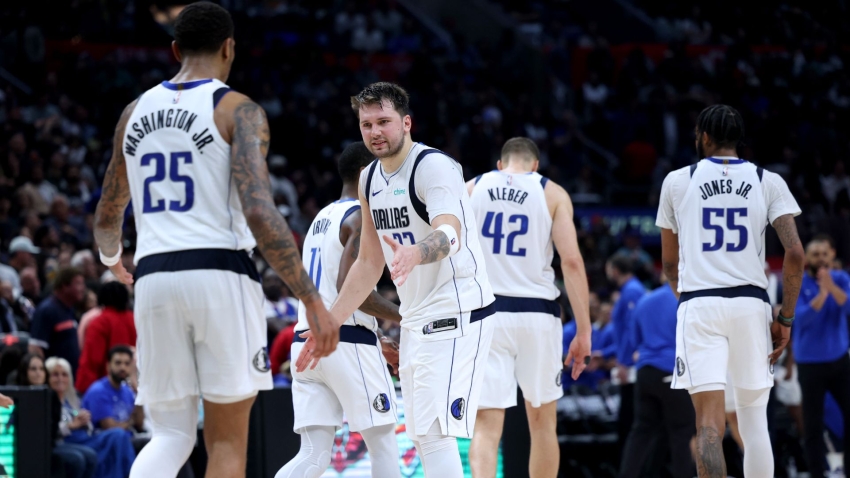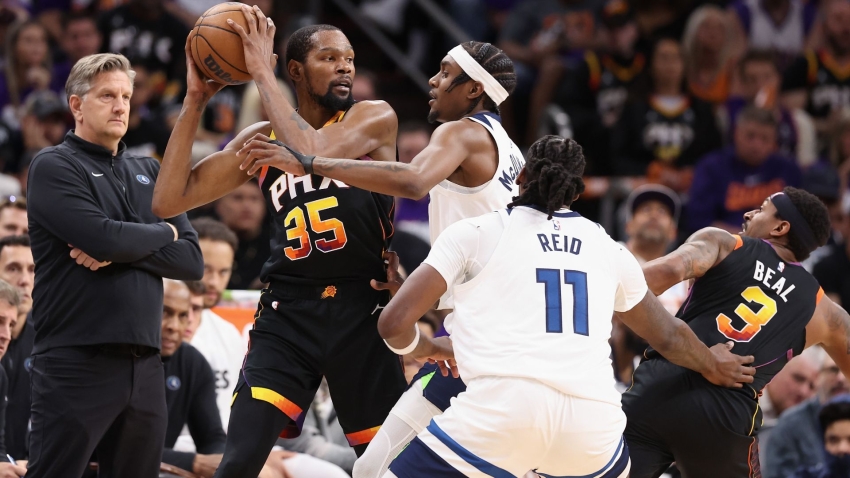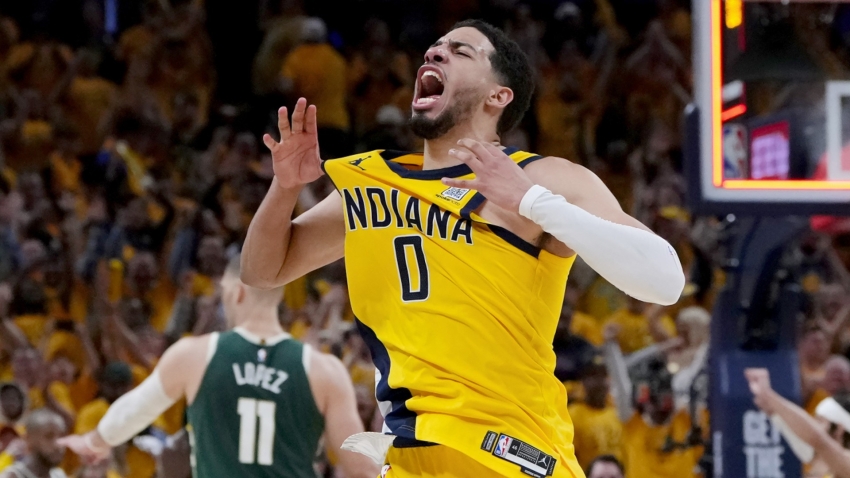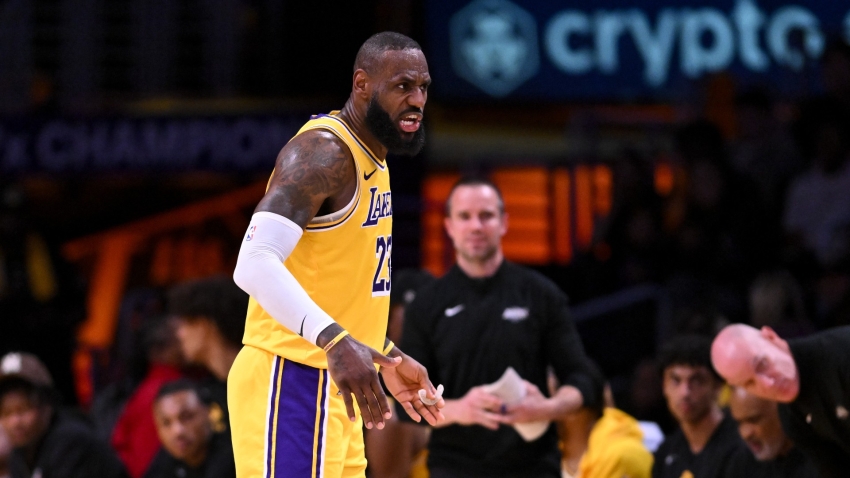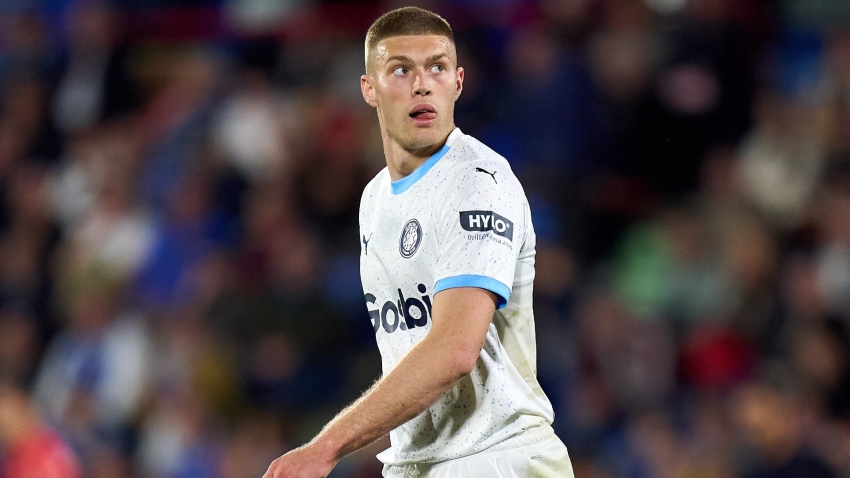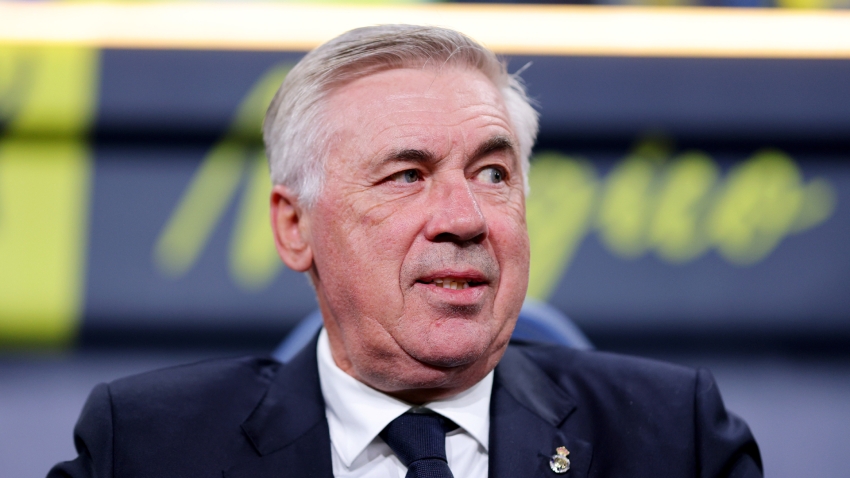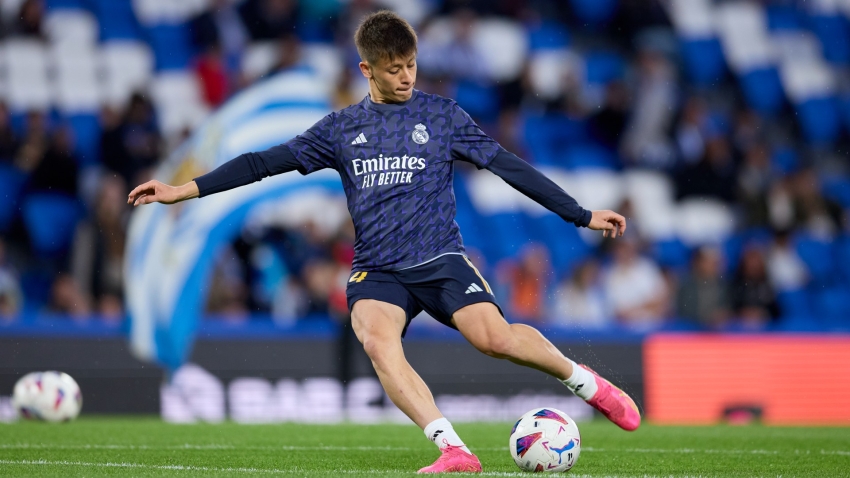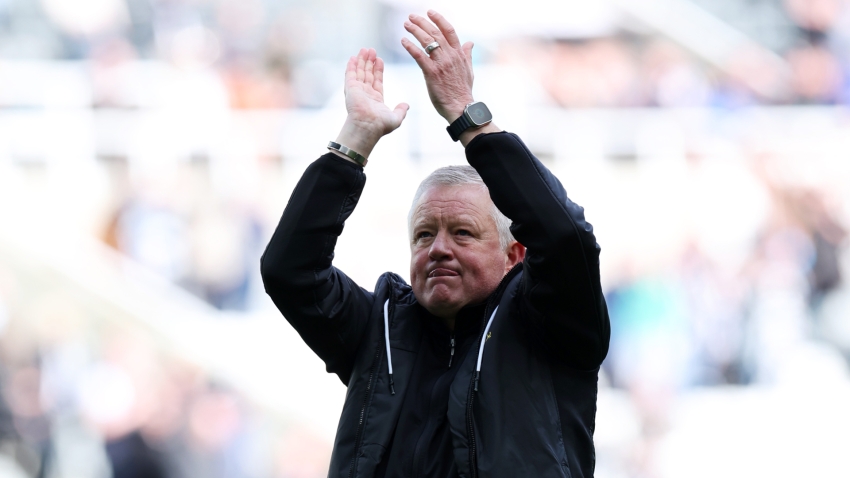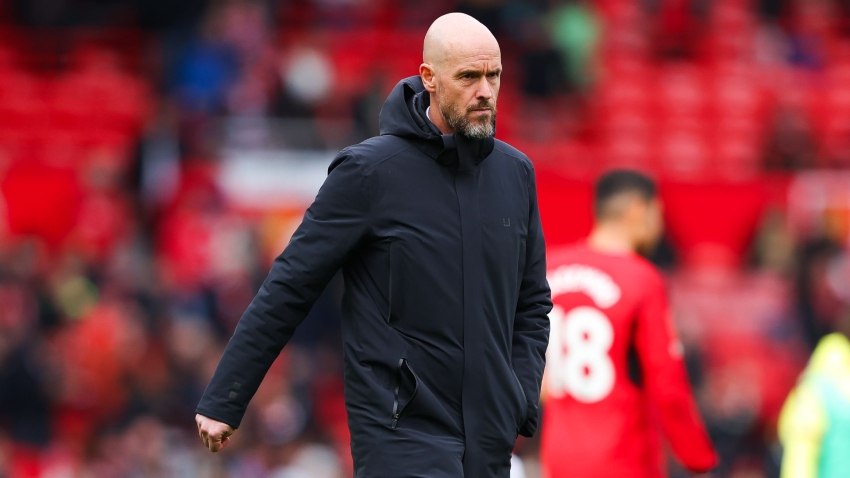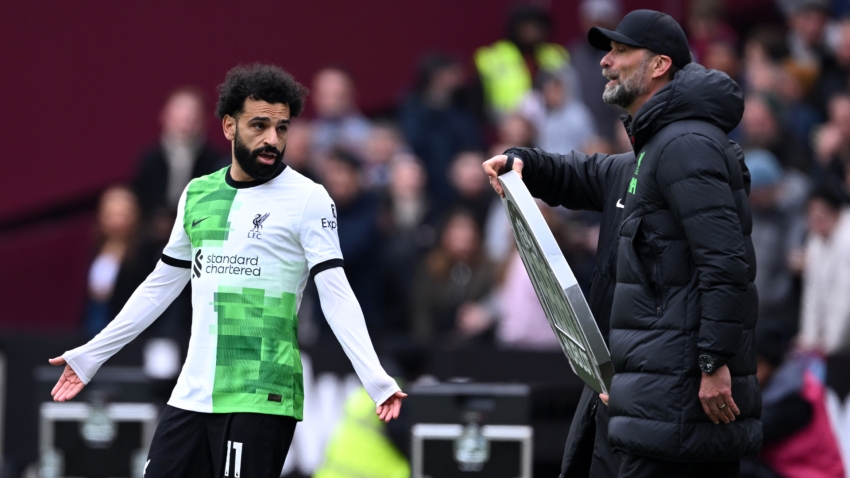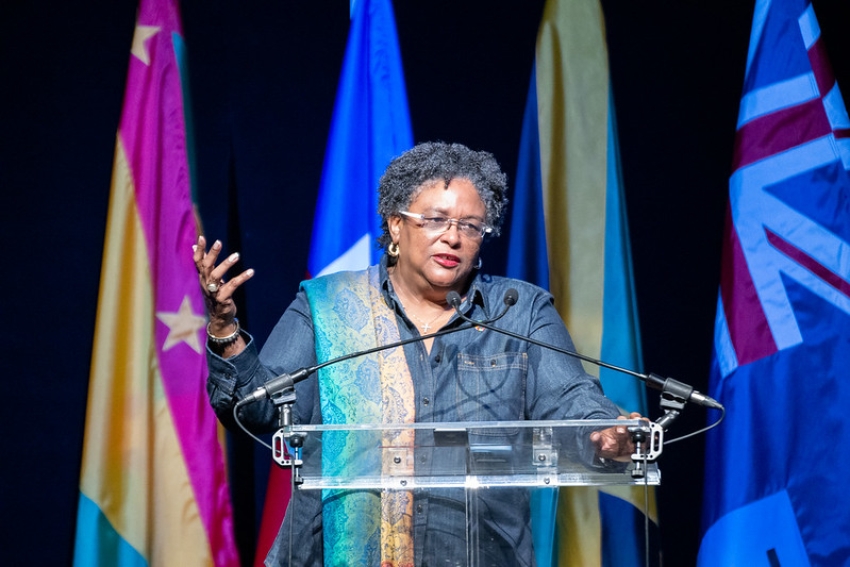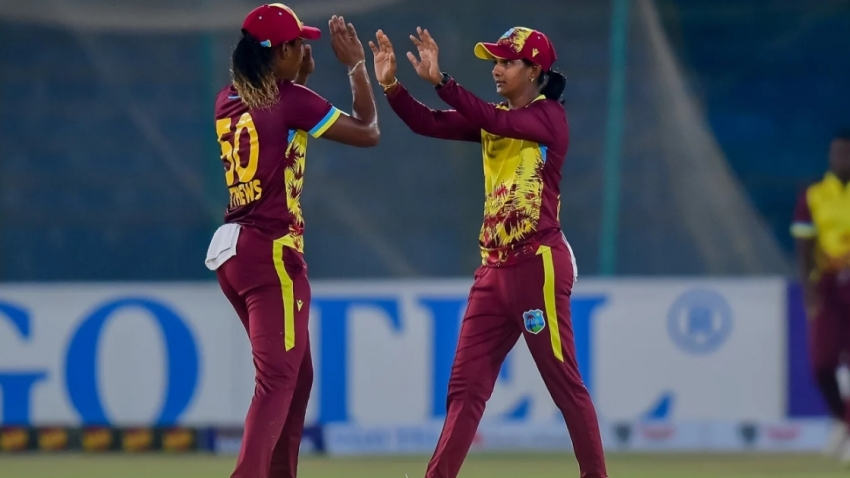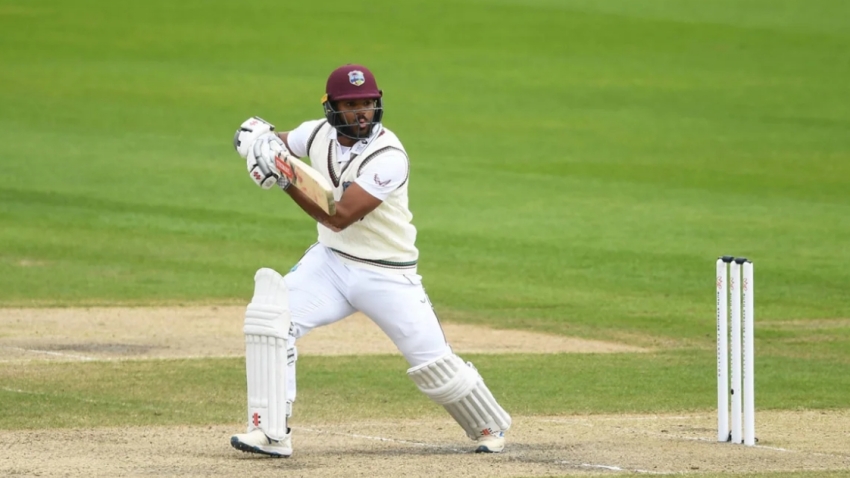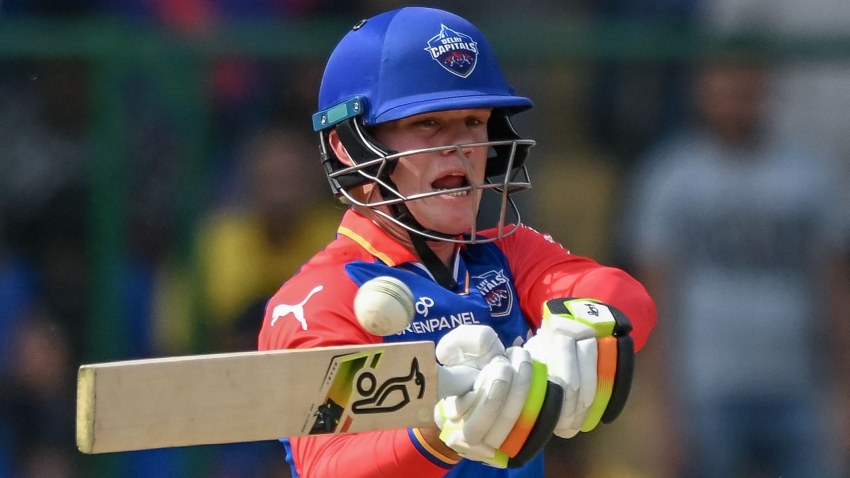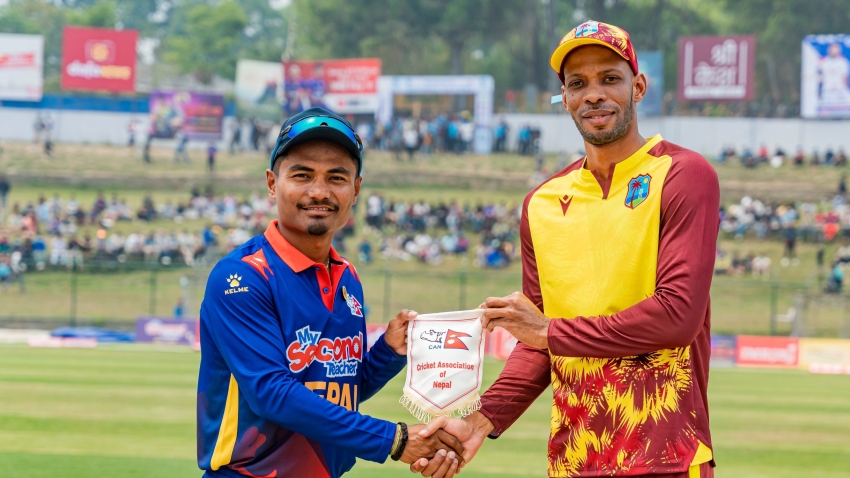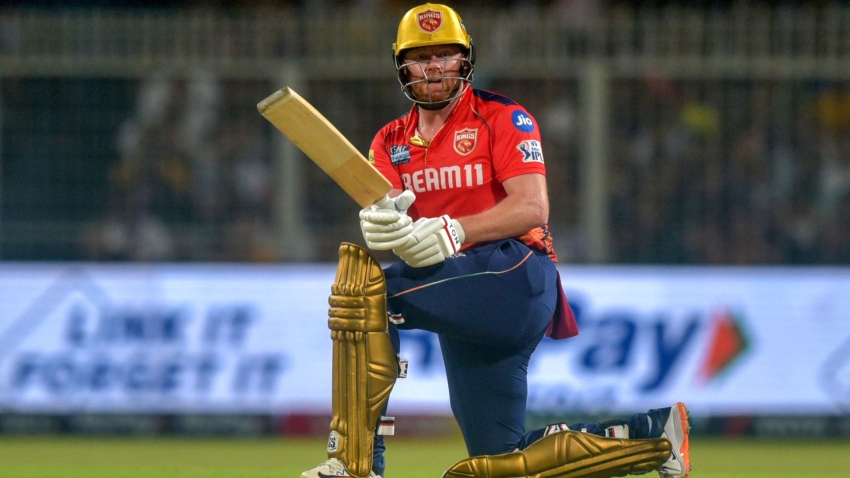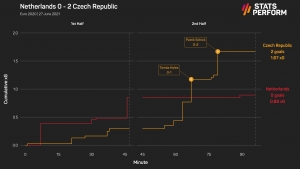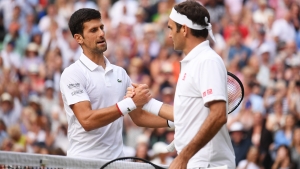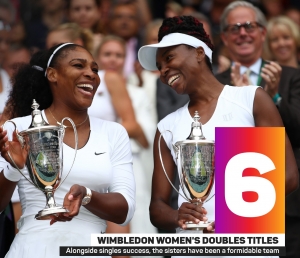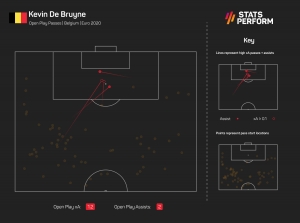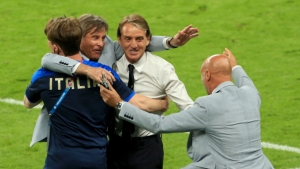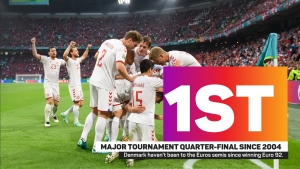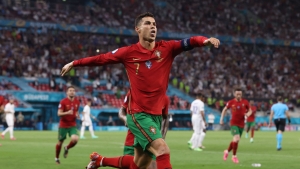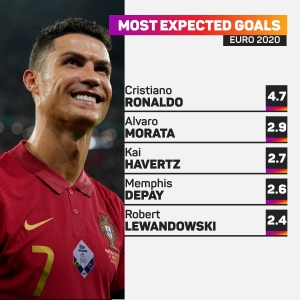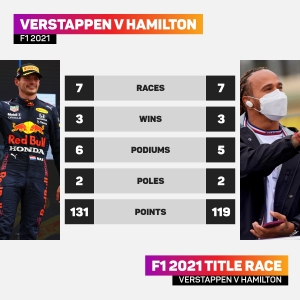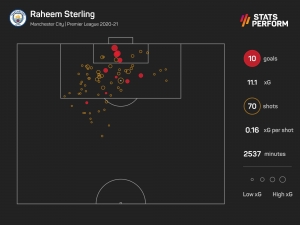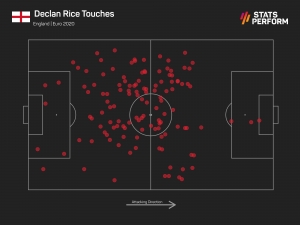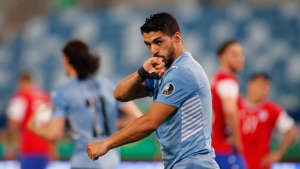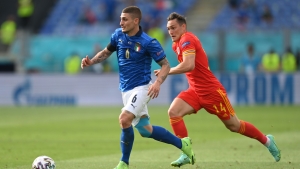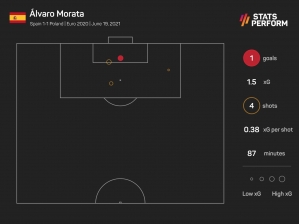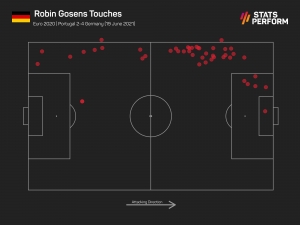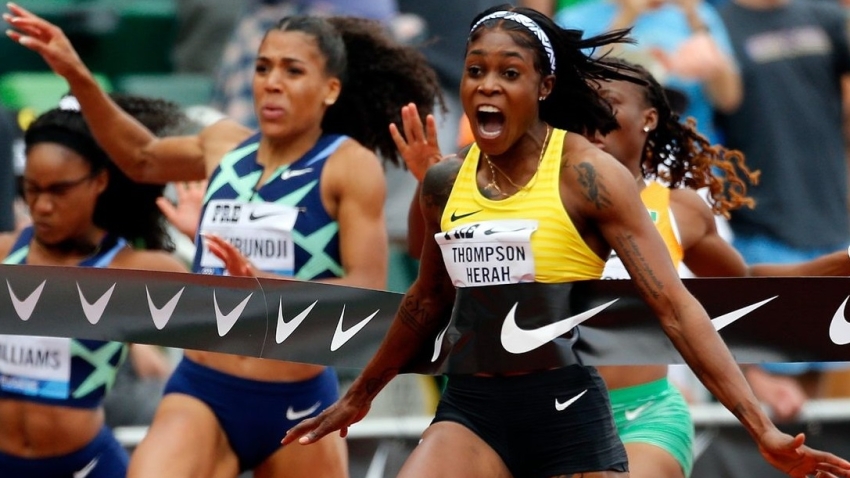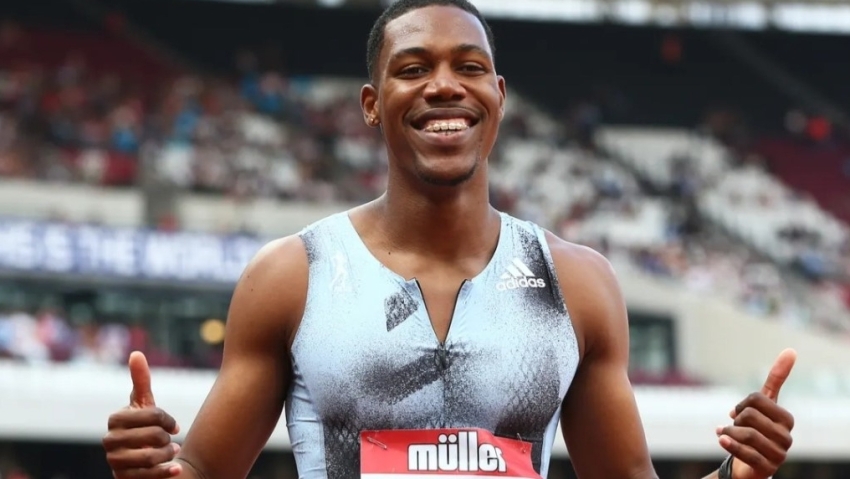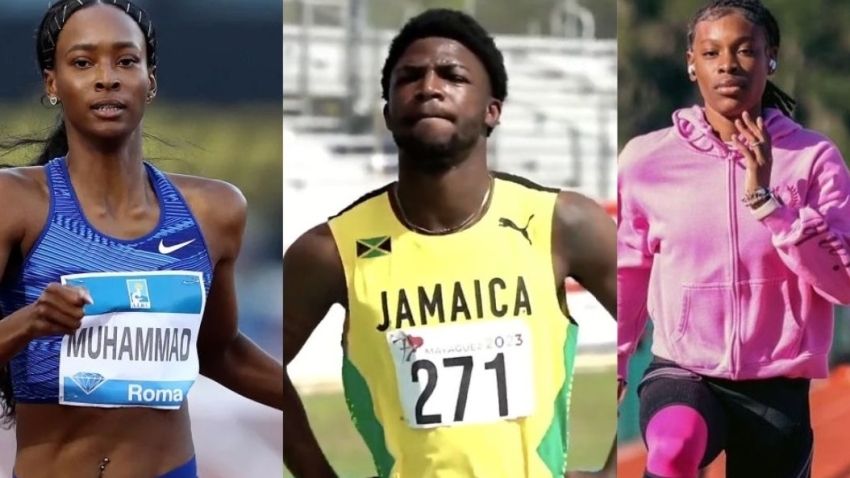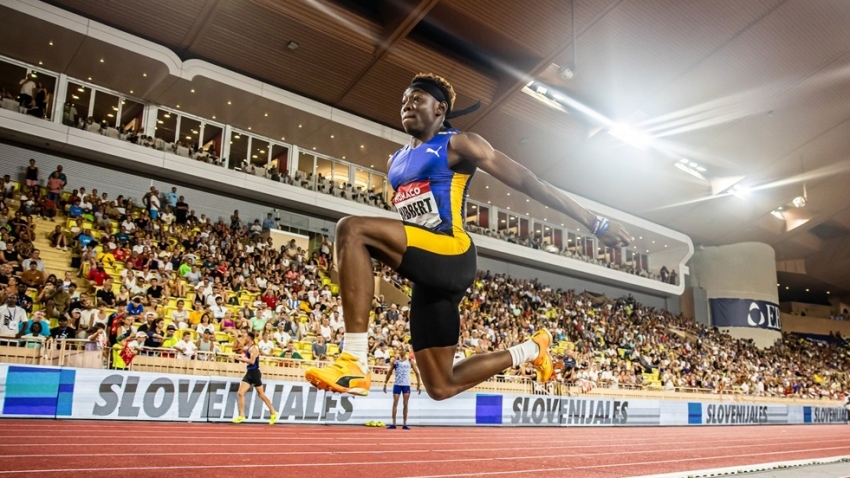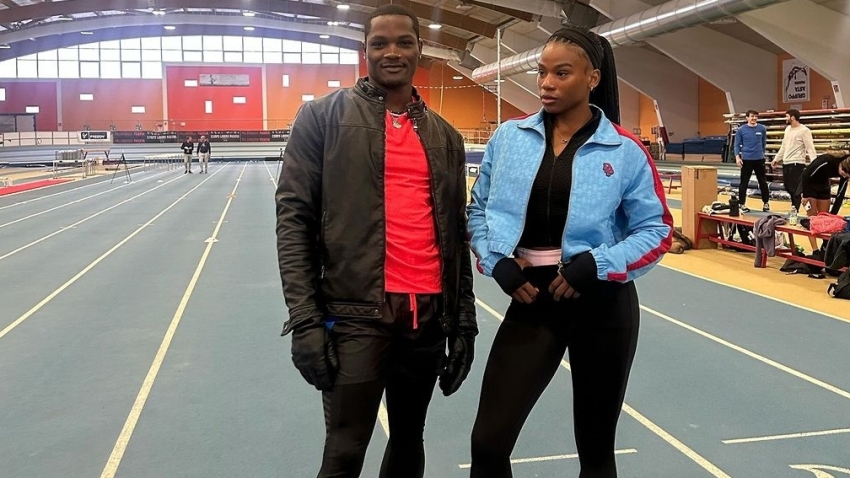When two whipsmart kids from Compton first walked through the gates of the All England Club, the history of tennis was ripe for a radical makeover.
With beads in their hair and an air of mystery tailgating them onto the tour, this pair of teenage prodigies soon had the world at their feet.
Now, Serena Williams and Venus Williams are as much a part of Wimbledon tradition as strawberries and cream, and the championships without them is almost unthinkable.
Stacking up a combined 12 singles titles from Wimbledon, and a string of staggering records, this great sporting double act has defined the past quarter of a century in the women's game.
Venus is now 41 years old, and kid sister Serena turns 40 in September. Both will be going flat out for more success at Wimbledon and over the course of the rest of the year. They have been relentless and supremely driven in the pursuit of greatness.
But it feels legitimate now to be talking about how the WTA Tour and the grand slams will look without the Williamses, because as much as they have together pushed the boundaries of achievement in tennis, neither can defy the march of time.
Or at least they cannot keep pushing back against that march, since both have done a truly spectacular job so far.
"Venus and Serena, they changed the game, they elevated the game, and that is the biggest thing that could happen to our sport," Johanna Konta, Britain's former Wimbledon semi-finalist, told Stats Perform.
"They changed the physical requirements, they pushed the whole level of the sport so high, which I think has really accelerated the depth of women's tennis that we're seeing today, and so I can't imagine the day coming when they're not playing.
"I'm sure it will come at some point, but I'm not too sure when that day will be."
AGE NO BARRIER?
Serena has a place in the record books as the oldest women's world number one, having last occupied that position in May 2017 at the age of 35 years and 230 days. Next on that list sit Martina Navratilova and Chris Evert, both a relatively fledgling 30 when they were last in the top spot.
She is also the second oldest player to hold a top-10 WTA ranking. On Monday, as the championships begin, Serena, currently the world number eight, will be 39 years and 275 days old. Only Billie Jean King (39 years 322 days in October 1983) has held such a lofty place among the sport's elite later in life.
Navratilova comes next, with Venus just a short step behind in fourth place, having last been in the top 10 in July 2018, aged 38 and 29 days.
If Serena wins the women's singles title at Wimbledon this year – and several British bookmakers see her as favourite – it will make her the oldest player in the Open Era to win a title on the women's tour.
King won at Birmingham in 1983 at 39 years and 203 days, and Williams sits fourth on that particular list of the oldest champions for now, having captured the 2020 Auckland title at 38 years and 108 days.
The oldest Wimbledon women's singles champion remains Charlotte Cooper Sterry, triumphant for Britain in 1908 at 37 years and 282 days.
An injection of power and physicality, alongside a whole lot of finesse, has seen the Williamses bring a new dimension to tennis. It is far removed from the game Sterry might have played.
SERVING UP SCUDS
In 2010, only one player on the WTA Tour served more than 300 aces, yet by 2019, the most recent uninterrupted season, that had risen to seven players.
Advances in technology are a factor here, but so too is the scenario whereby a young girl watches Serena and Venus whizzing serves by opponents' ears around the turn of the century and wants to learn how that is done.
Serving need not just be the moment where a point begins, it can be the shot that ends the point too.
Venus owns the record for the fastest serve ever recorded by a woman at Wimbledon – sending down a 129 miles per hour scud on her way to victory in the 2008 final. The player on the receiving end of such vicious hitting that day? Serena.
"I'm glad she did it, because next time I know what to expect," was Serena's punchy post-match response.
From 2008, when the WTA first began to collect such statistics, through to 2016, Serena topped the charts every season when it came to the highest percentage of service games won.
She has also led the way in percentages of first-serve points won in eight of the last 13 seasons.
On July 5, 2012, Serena fired 24 aces past Victoria Azarenka in their Wimbledon semi-final and paired that women's singles record with another – her 102 aces across seven matches also setting an all-time tournament high.
Serena has a 98-12 win-loss career record in singles at Wimbledon, with Venus not far behind on 89-17. Where Venus has won five or her seven slam titles on the grass in London, Serena has accrued seven of her 23 majors at the championships.
Only nine-time champion Navratilova (120) has won more women's singles matches at Wimbledon than Serena. Roger Federer (101) leads the way among the men.
SHOWING SERENA THE WAY IN SAN JOSE
Konta handed Serena the heaviest defeat of her career in 2018, inflicting a 6-1 6-0 thrashing in San Jose.
The British player, however, is fully appreciative of Serena's standing in the game, the American's status as an all-time sports great. For Williams to leave the tour would leave a huge hole.
"I don't know anything else. I think that's a very lucky and privileged thing to say as an athlete, to be playing at the same time as one of our greatest ever," said Konta, a Jaguar ambassador.
"Equally, the men can say that with the likes of Roger, Rafa and Djokovic around, it's just a really exciting time to be part of the world of tennis.
"You constantly see players retiring as the years go by; it's a normal process. We had Maria [Sharapova] and Caroline [Wozniacki] retire at the beginning of last year. I think the way they timed their retirement was absolutely incredible.
"It's a normal course to happen, so from a player's perspective there'll be the initial thought of 'Oh my goodness, she's retiring', but the game keeps going and players keep playing.
"More than anything, not having Serena around anymore it will maybe be more noticeable in the fans, in the fandom, in the outside part of the sport, because she is such a big figurehead of our sport and rightly so."
Serena has reached the Wimbledon final on seven of her last 10 appearances in SW19, collecting five titles in that time. The final defeats during that span came in the last two years that Wimbledon has been held, however, with defeats to Angelique Kerber and Simona Halep sure to leave some scars.
THE KAFELNIKOV INFLUENCE
In recent years, Serena has invited the likes of showbiz A-listers Jay-Z, Beyonce and Drake to sit in her player's box at courtside, while she is a close friend of Meghan Markle and was a royal wedding guest.
She and Venus were once unknown quantities, but now both transcend their sport.
By the age of 16, Serena had it all mapped out, and her Wimbledon success can be attributed in a very small way to an unexpected Russian influence.
"I have decided when I go on the grass, I am going to serve and volley. There is one man player who plays great on the clay, and then on the grass he actually serves and volleys," Williams told a news conference at the 1998 Lipton Championships in Florida, weeks before her Wimbledon debut. "And I said, Serena, I have to do the same thing."
Who was this mystery man? All-court greats had been in short supply. Agassi?
"Yevgeny Kafelnikov, he plays great on the clay. He actually won the French Open," Williams said at the time. "He actually serve and volleys on the grass. I said, I have to do this too. If he can do it, I believe I can do it. That really helps me."
Former world number one Kafelnikov never went beyond the quarter-finals at Wimbledon, but his surprising influence lives on.
Serena is one short of Margaret Court's all-time record of grand slam titles and dearly wants to at least match that haul but ideally reach 25. The Wimbledon title looks out of reach for Venus, who has fallen out of the world's top 100, but for Serena it is a realistic target.
The elite field is thinning, with Naomi Osaka and defending champion Halep among the withdrawals, and there are question marks over the form and fitness of many other big names in the draw.
The eighth Wimbledon and 24th singles slam feels eminently achievable, and what a moment for the ages that would be.
GOING ON THE KONTA ATTACK
Konta was only denied a place in the 2017 Wimbledon final by a valiant Venus, the 37-year-old American experiencing a late-career resurgence during what proved a stellar year for her.
It nevertheless gave the Australian-born Briton a real taste, with a win over Halep en route to the semi-finals showing she has the game to take on the best on grass.
Another grand slam semi-final followed in 2019, this time on clay at the French Open, and quarter-final runs at Wimbledon and the US Open confirmed Konta was the real deal. She previously reached the 2016 Australian Open final four.
It has been tough going since then though, Konta going out in the first round at four of the last five grand slams. Injuries have got in the way, and the joy she felt at winning a title in Nottingham in June 2021 was tempered slightly by a slight knee problem.
That success on English grass was a first tour title for Konta since the 2017 Miami Open, and life for her is good in many respects. On May 17, her 30th birthday, she and boyfriend Jackson Wade became engaged, or as she puts it, they killed "two birds with one stone when it came to milestones on that day".
Assuming the knee holds up, success in Nottingham could pave the way for another fruitful Konta campaign at Wimbledon. Last year's tournament being cancelled due to the pandemic was a blow to everyone but particularly felt by the British players.
"I was really pleased with having won a title, the first title I've won in a few years," Konta said. "It's a very nice accomplishment and something I definitely don't take for granted, because coming by titles is very difficult.
"Obviously, I'm just trying to do the best I can in managing my body. After the quick change onto the grass I just need to take care of the different little niggles that I have and the ongoing things and anything new that arises, but I'm definitely looking forward to Wimbledon.
"I think it's just the fact that we have Wimbledon again this year. Wimbledon's such a big part of our sporting calendar here and our sporting summer.
"For the nation and for international tennis fans, I think it's just really brilliant. The fact we are going to have crowds, that will be almost a new experience having not played in front of big crowds for a long time."
Could Konta even win Wimbledon, becoming Britain's first women's singles champion since Virginia Wade in 1977?
"I definitely feel I have every chance to look to win seven consecutive matches," Konta said. "It's a hard ask and it's difficult to do, but I feel like I have every opportunity, every chance to give it a go and I'm looking forward to trying."
:: Johanna Konta is a Jaguar ambassador. Jaguar is the Official Car of The Championships, Wimbledon. To discover Jaguar’s unmatched experiences visit jaguar.co.uk/Wimbledon


